Creatine supplementation has been a topic of debate among fitness enthusiasts, particularly regarding its impact on weight gain. While creatine can lead to increased body weight, it's primarily due to water retention and lean muscle mass growth, not fat accumulation. Creatine draws water into muscle cells, causing temporary bloating or puffiness, but this effect typically resolves within weeks. The supplement supports muscle growth and improves exercise performance, making muscles appear larger and more defined. Gaspari Nutrition offers high-quality creatine monohydrate to help athletes and fitness enthusiasts achieve their goals safely and effectively.
Will Creatine Make You Gain Weight: Key Takeaways
- Creatine supplementation can cause weight gain due to increased water retention and muscle mass, rather than fat.
- Water retention from creatine supplementation should resolve in a few weeks.
- Creatine enhances muscle strength, performance, and brain health by boosting ATP production and phosphocreatine stores.
- Long-term creatine use is generally safe, with benefits for athletes, older adults, vegetarians, and those with neurological conditions.
What Is Creatine?
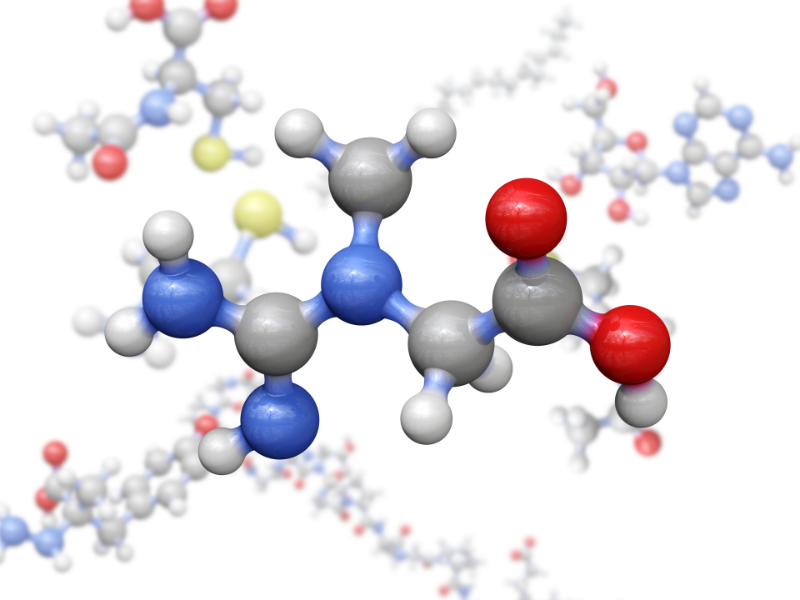
Creatine is a naturally occurring substance found in muscle cells, derived from amino acids like arginine and glycine. It plays a vital role in energy production during high-intensity, short-duration activities such as weightlifting and sprinting.
How Does Creatine Work in the Body?
Creatine enhances muscle function through several mechanisms. Creatine supplements increase creatine phosphate stores in muscle cells, aiding in the rapid regeneration of adenosine triphosphate (ATP) during high-intensity exercise.
Additionally, creatine reduces protein breakdown and increases muscle hydration, leading to greater muscle mass and strength. These effects improve physical performance and support muscle growth, making creatine a valuable supplement for athletes.
Types of Weight Gain from Creatine

Water Retention
Taking creatine powder, increases water retention in muscle cells. Creatine draws water into muscles, causing temporary weight gain and a bloated appearance, especially around the arms, legs, and stomach. This harmless side effect shows muscle hydration and should resolve in about a few weeks when your body has adapted.
Muscle Mass Increase
Creatine supplementation boosts muscle mass by increasing creatine phosphate levels, which enhances adenosine triphosphate (ATP) production, the primary energy carrier in cells. Studies show dietary creatine increases muscle fiber size and strength, promoting muscle development and improving the quality of training.
Myths and Facts About Creatine and Weight Gain

Does Creatine Cause Fat Gain?
A common misconception is that creatine causes fat gain. In reality, creatine does not directly increase body fat. Weight gain from creatine supplementation is primarily due to water retention in muscle cells and increased muscle mass. This increase in lean muscle mass can sometimes be mistaken for fat gain, but it is actually a sign of improved muscle development.
Will You Lose Muscle Mass After Stopping Creatine?
Another myth is that stopping creatine supplementation will result in muscle mass loss. The muscle mass gained from creatine supplementation remains after stopping. Users can maintain their increased muscle mass and strength gains even after they cease taking creatine supplements.
Benefits of Creatine Supplementation

Improved Muscle Strength and Performance
Creatine monohydrate supplementation can increase muscle mass and performance by increasing creatine phosphate stores in muscle cells. This boost in creatine phosphate leads to improved ATP production, resulting in enhanced exercise performance, particularly in high-intensity and resistance training.
Here are some benefits of creatine for muscle performance:
- Enhanced muscle fiber growth.
- Improved exercise capacity.
- Better performance in high-intensity interval training.
- Greater strength gains in resistance training.
Enhanced Brain Health
Creatine enhances brain health by boosting ATP levels in the brain. This increase can improve cognitive functions and potentially reduce the risk of neurodegenerative diseases.
Here are some benefits of creatine for brain health:
- Enhanced mental alertness.
- Reduced mental fatigue.
- Improved memory and focus.
- Potential neuroprotective effects.
- Support for overall cognitive performance.
Potential Side Effects of Creatine
Creatine is generally considered safe for both men and women, as most studies have found no significant adverse effects when used at recommended doses for up to 5 years. However, some users may experience minor issues, like stomach discomfort.
Who Can Benefit from Creatine?
Diverse groups of people can all experience positive effects from creatine intake, including:
- Athletes and bodybuilders: Increased muscle mass and exercise performance.
- Older adults: Improved fat-free mass and muscle strength.
- Vegetarians and vegans: Replenishment of typically lower creatine levels.
- People with neurological conditions: Enhanced brain function and symptom reduction.
- Casual gym-goers: Better workout capacity and faster recovery.
Gaspari Nutrition's Pure Creatine Monohydrate is an excellent product available that mixes easily, is unflavored, and provides amazing results to compliment your muscle gains.
FAQs About Creatine and Weight Gain
Can women use creatine without gaining weight?
Women can use creatine without worrying about fat gain, as it contains negligible calories. By staying active and eating a balanced diet, women can gain muscle mass and strength without adding fat.
Is creatine safe for long-term use?
When you take creatine at suitable doses, it is deemed safe for long-term use, up to five years. Choosing a product that follows recommended manufacturing practices and undergoes third-party testing guarantees quality and safety. Gaspari Nutrition's creatine products meet these standards, offering a dependable supplement.
How much water should you drink while taking creatine?
Drink 3 to 4 liters of water daily, especially when working out and using creatine. Proper hydration maximizes creatine's benefits, prevents dehydration, and optimizes performance and well-being.






















































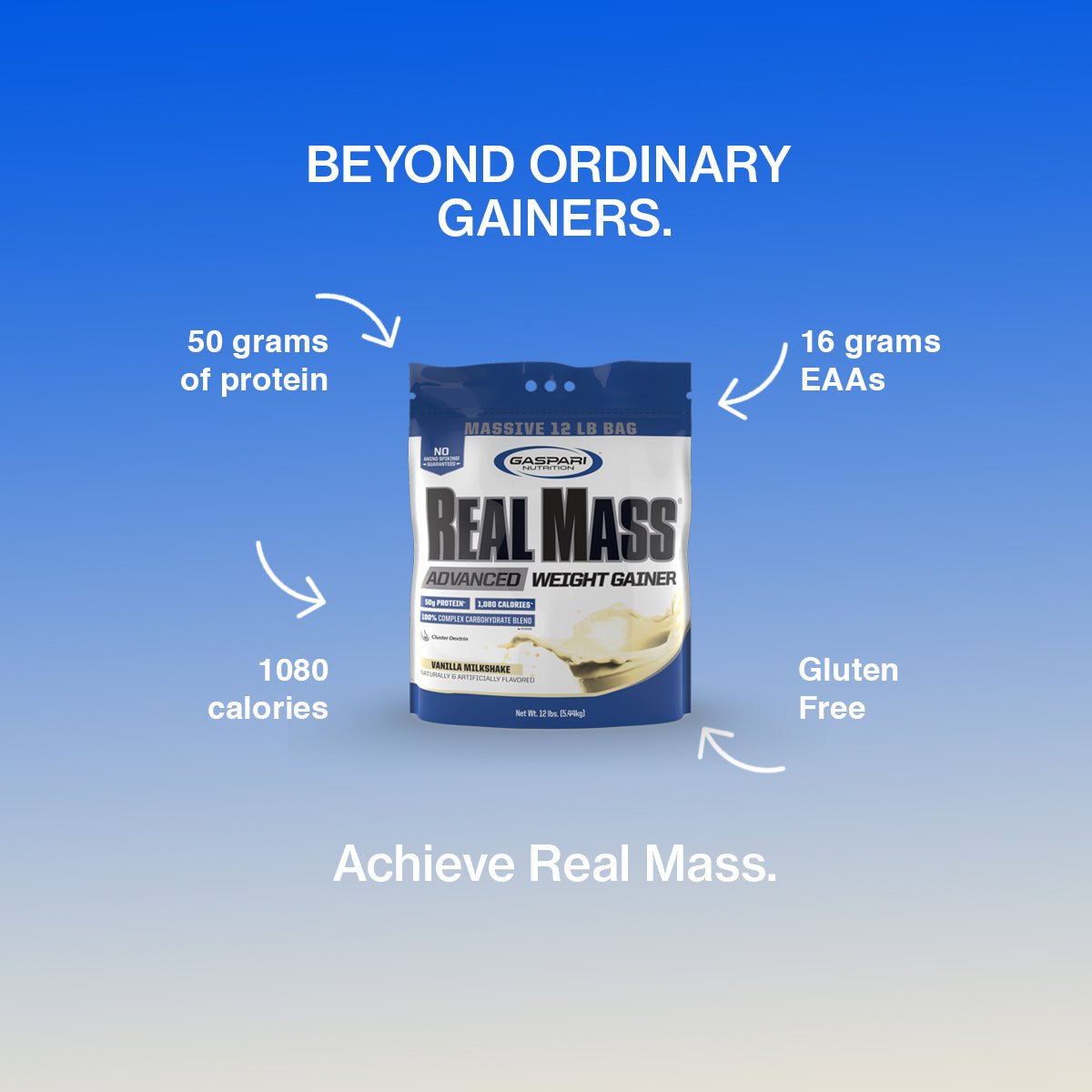
























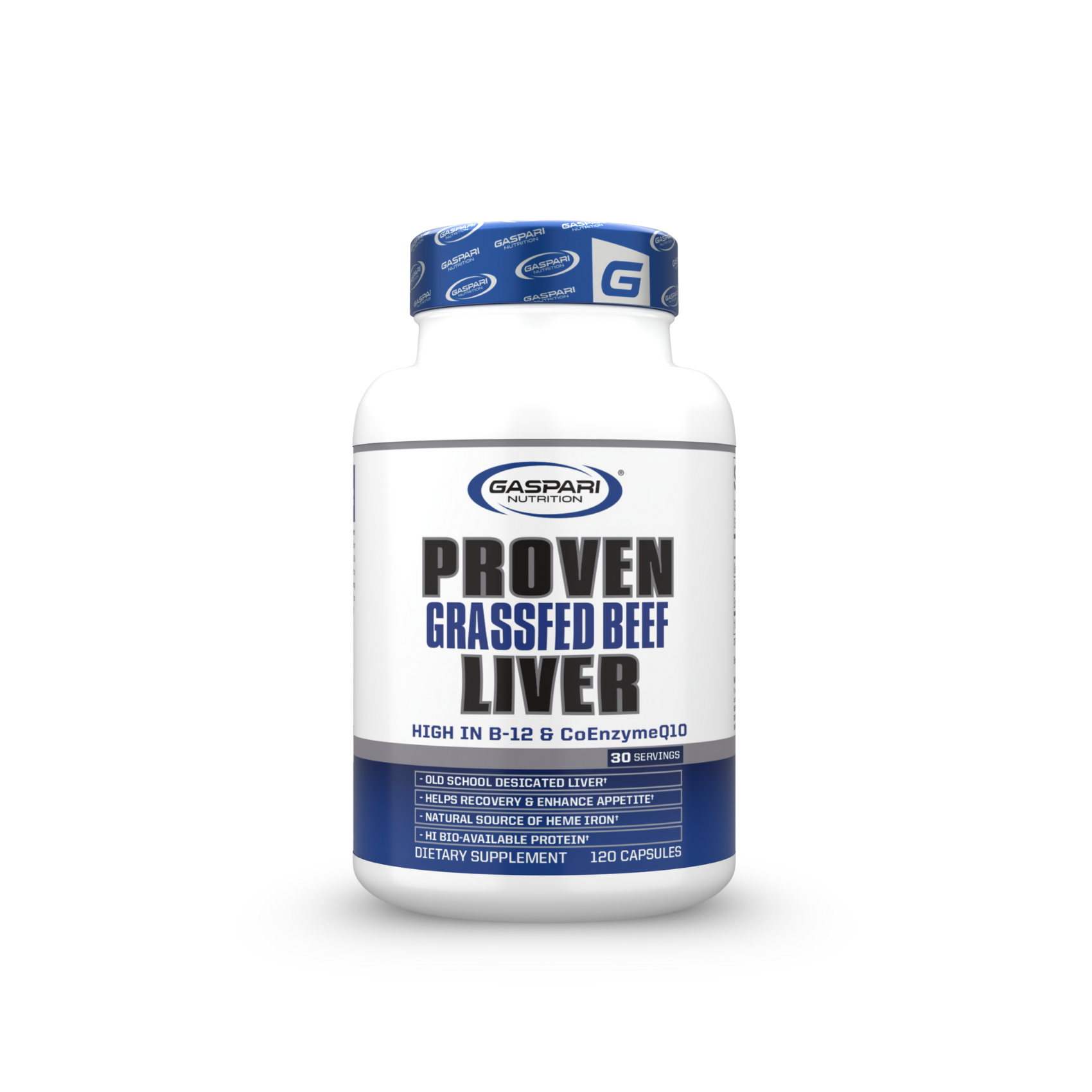
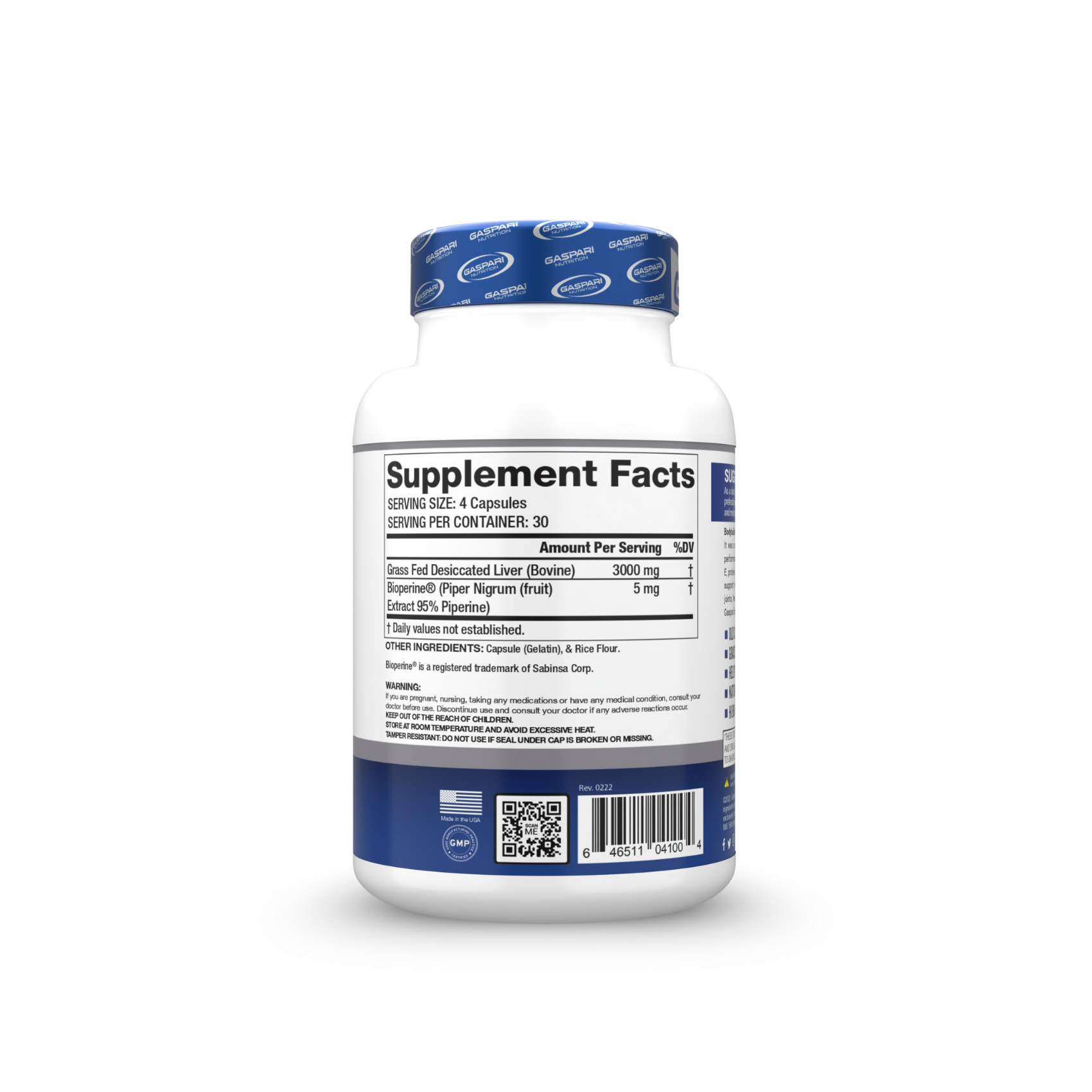
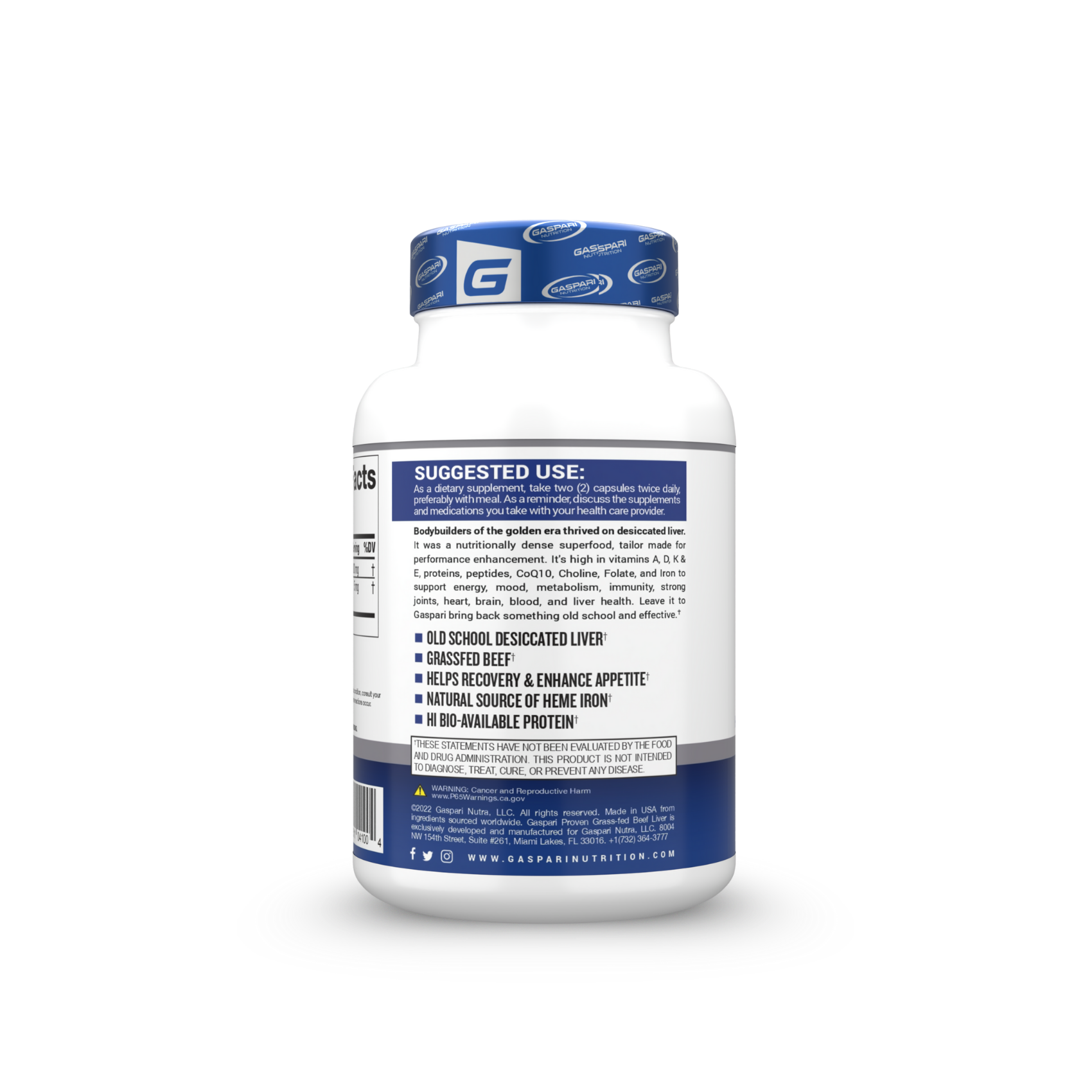





Share:
What is a Bro Split Workout Routine?
How Long Does Body Recomposition Take? A Realistic Timeline